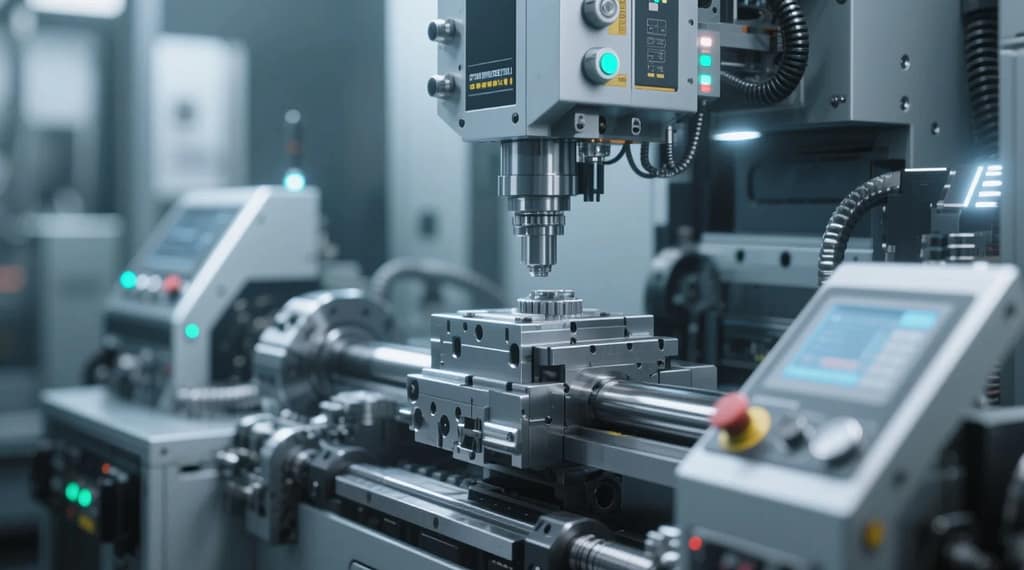The world of manufacturing is constantly evolving, and at the heart of this evolution is precision machine technology. From aerospace components to medical devices, precision machining plays a critical role in producing complex parts with high accuracy. Let’s explore some of the latest advancements in this field and how they are shaping modern manufacturing.
The Rise of CNC Machines
Computer Numerical Control (CNC) machines have revolutionized precision machining by allowing for increased automation and precision. CNC technology eliminates the need for manual control, enabling machines to execute complex designs with minimal human intervention. This advancement not only improves accuracy but also significantly boosts production efficiency.
With CNC machines, manufacturers can produce intricate parts with tight tolerances. The ability to program specific movements and cuts means fewer errors and less material waste, making CNC machines a staple in modern precision machining.
Advanced Materials and Tools
The development of new materials has also driven advancements in precision machining. High-performance alloys, composites, and ceramics require specialized tools and techniques to machine effectively. The industry has responded by developing precision tools that can withstand extreme conditions and maintain their sharpness over time.
Diamond-coated tools, for example, offer exceptional hardness and durability, making them ideal for machining tough materials. These tools enhance cutting performance, reduce wear, and extend tool life, all of which contribute to higher precision and efficiency.
Integration of IoT and AI
The integration of the Internet of Things (IoT) and Artificial Intelligence (AI) is transforming the precision machining landscape. IoT-enabled devices collect real-time data from machines, providing valuable insights into their performance and condition. This data allows manufacturers to implement predictive maintenance, reducing downtime and preventing costly breakdowns.
AI, on the other hand, enhances decision-making by analyzing data and optimizing machining processes. Machine learning algorithms can predict tool wear, adjust cutting parameters, and even propose design modifications to improve manufacturing outcomes. These technologies create a smarter, more connected manufacturing environment.
The Future of Precision Machining
As technology continues to advance, the future of precision machining looks promising. Additive manufacturing, or 3D printing, is gaining traction as a complementary technology to traditional machining methods. It offers the ability to create complex geometries that were once impossible to machine.
Additionally, advancements in automation and robotics are expected to further enhance efficiency and accuracy in precision machining. Collaborative robots, or cobots, work alongside human operators, handling repetitive tasks and allowing skilled workers to focus on more complex operations.
In conclusion, advancements in precision machine technology are reshaping the manufacturing industry. From CNC machines to AI integration, these innovations are driving higher precision, efficiency, and flexibility in production. As manufacturers continue to embrace these technologies, the possibilities for precision machining are limitless.
Stay informed about these advancements to keep your manufacturing processes ahead of the curve. Whether you’re a seasoned professional or new to the field, understanding these technologies will help you navigate the exciting future of precision machining.


